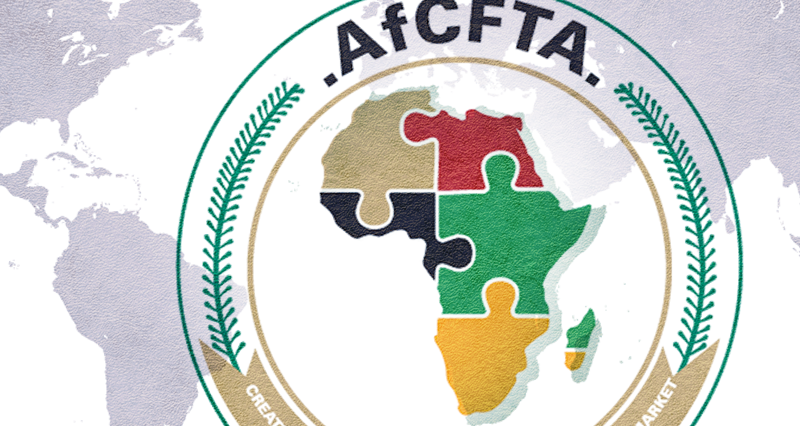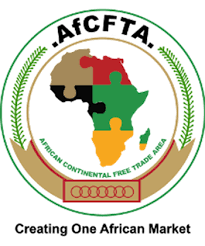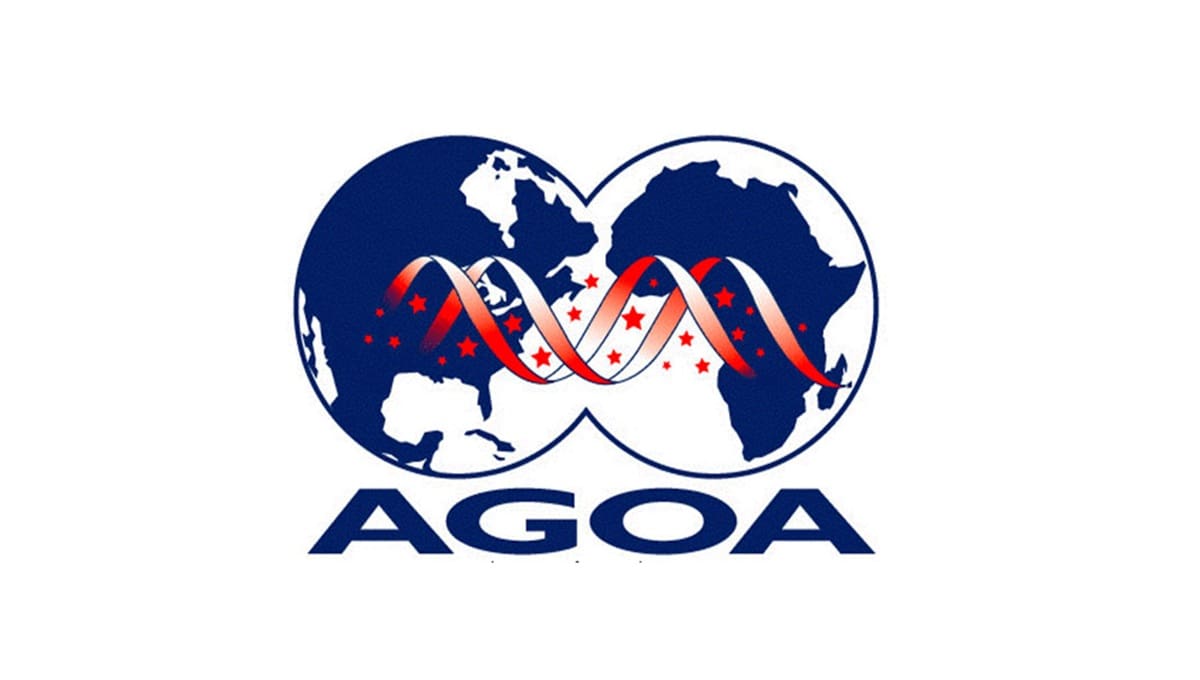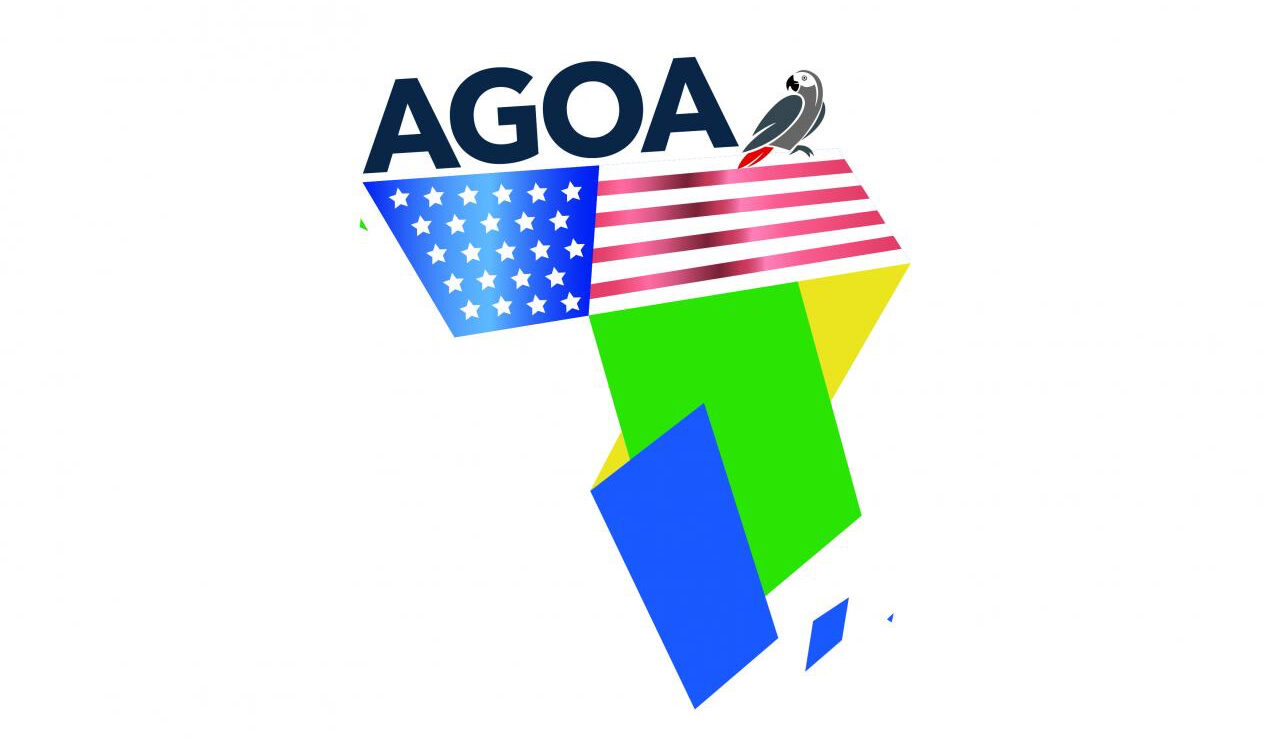Political leaders, business executives and other stakeholders from all around Africa have recently met at two high-level meetings in Nigeria’s Abuja and South Africa’s Cape Town, aiming to find ways to boost intra-Africa trade within the context of the African Continental Free Trade Area (AfCFTA).
Finance ministers and central bank governors from 50 African countries under the group of African Caucus ’24 met at a three-day inaugural event in Nigeria’s capital city Abuja last week. In the final communique, they underlined four key pathways to boosting intra-African trade for the development of the region that is largely impoverished and underdeveloped. For the continent to grow, African countries need to prioritize the strengthening of pan-African payment ecosystem, enhancing energy access, affordability, and connectivity; leveraging partnerships with MDBs, and reforming global financial architecture. The caucus also called on the World Bank and the International Monetary Fund (IMF) to ensure that their support not least to its African members continues to be guided by principles of balance and evenhandedness.
Meanwhile, panel members at a recent “Africa Unlocked’ conference in Cape Town highlighted the need for the AfCFTA to boost intra-African exports to levels experienced by other global trading blocs. While intra-Africa trade currently accounts for about 16% of Africa’s exports, in contrast, levels in Asia have reached 55%, North America 49%, and countries within the EU 63%. Given these bleak statistics, the panelists questioned whether the AfCFTA is effective and urged an examination into what needs to be done to make African products more appealing in global and intra-African markets.
The panel highlighted three conditions that must be met for trade to improve welfare levels and fulfill the mission of using intra-African and global trade to reduce poverty and increase employment: financial development, education, and governance.



